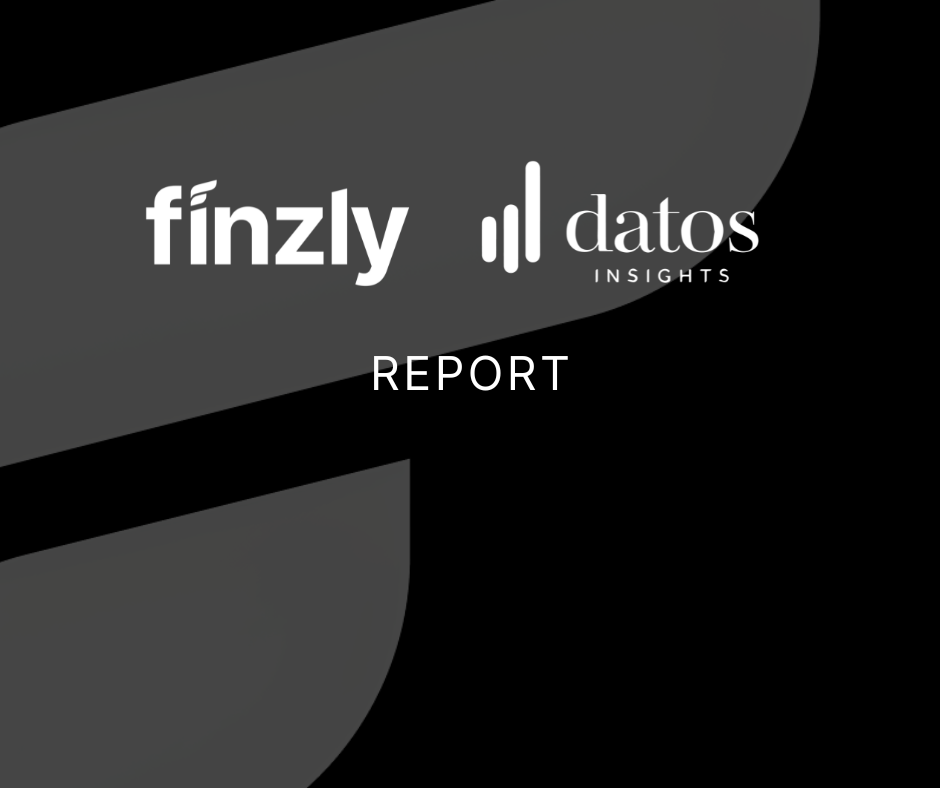
The FDIC push that’s driving banks to bring BaaS home

Virtual accounts, supported by virtual ledgers, are revolutionizing the banking landscape by driving revenue growth, enhancing client experiences, and enabling banks in the connected, 24/7 financial environment.
For sponsor banks collaborating with fintechs, the shift to BaaS models introduces challenges in accounting and ledger management, as their traditional systems often lack the flexibility and oversight needed to meet compliance requirements.
Virtual accounts provide a solution, offering increased transparency and control along with real-time reconciliation capabilities. With new FDIC regulations influencing how banks engage with non-bank fintech partners in managing deposits, the significance of virtual accounts has never been greater. Learn from the whitepaper on how virtual accounts help your financial institution to:
